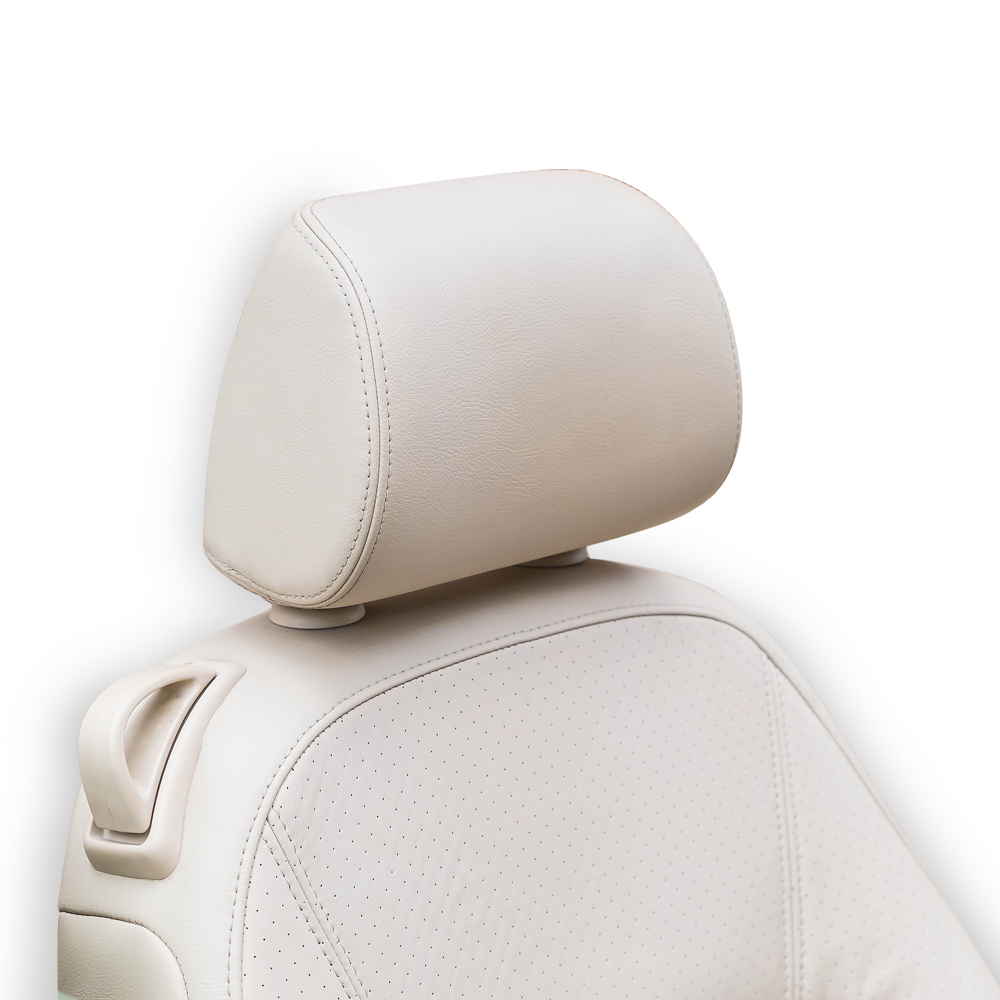This website uses cookies so that we can provide you with the best user experience possible. Cookie information is stored in your browser and performs functions such as recognising you when you return to our website and helping our team to understand which sections of the website you find most interesting and useful.
Have You Been In a Car Accident That Wasn't Your Fault?
We can help you claim compensation



General/ What to do after a car accident that wasn't your fault?

Claiming For A Car Accident
Being involved in a car accident can often be terrifying and debilitating. Whether you were a driver, passenger, or pedestrian, the incident can cause injury to multiple people at the same time. You may be unsure about what steps to take next, especially if you were not driving yourself.
Taking care of your physical health should always be your first priority, meaning that you should go to the hospital straight away or you should visit a GP as soon as possible to assess you. However, there are certain other steps that can be taken which will be useful later on if you wish to make a personal injury claim. First Personal Injury has outlined three key steps that you should take after being in a car accident that wasn’t your fault, to ensure your safety and your ability to make a personal injury claim if you wish.
Collect Details
One of the most crucial steps to take after being involved in a car accident is collecting the contact and insurance details of the other party who is involved. You should remember to collect their:
- Name
- Phone number
- Address
- Witness details – If there were any witnesses to the event you should also stop them and ask for their contact details as they may be able to provide a witness statement at a later date which can be used as evidence to support your claim.
However, if a driver has driven off after an accident without giving you their contact details or their insurance information, you should perhaps contact the police to report the incident. The police will then try to track down the other person and you can hopefully still get their details that way.
Take Photographs
After being involved in a car accident, you should take photographs of the accident scene. These photographs should include:
- Wider shots, where you can highlight what actually happened in the accident – such as the position of a car.
- Closer shots which highlight the damage to the vehicles or any surrounding property that has been done. For example, if the accident has caused a dent in your car, you should document this.
Compensation for property damage can often be included in road traffic accident personal injury claims. Similarly, if you have suffered any visible injuries due to the car accident and it is not too painful or distressing for you to take photographs of them, you should aim to document your injuries as well. Having lots of photographs of the incident can be extremely useful in a personal injury claim to prove that certain events did happen in the way that they appear.
Inform your Insurance Company
It is a good idea to inform your insurance company that an accident has happened after being involved in a road traffic accident. You should possibly also contact the other person’s insurance company to inform them that you have been involved in a car crash with one of their policyholders.
When discussing the incident with either insurance company, you should only relay the facts of the accident rather than trying to state that you believe the other person is at fault. While you may want to prescribe blame as the act of experiencing a car crash can often leave someone feeling very emotionally vulnerable, it is best to allow the facts to speak for themselves and to highlight who is in the wrong organically.
Making Personal Injury Claims
You may be entitled to compensation for a range of compensation claims under accident claims. Our experts will help assess your potential claim going forwards and provide you with proficient advice. Contact First Personal Injury to discuss your potential compensation claim today by ringing 0333 358 2345 or by filling out the online claims form.
Free initial Discussion - Call Now!
Get in touch with First Personal Injury on 0333 358 2345 or through our online claim form.